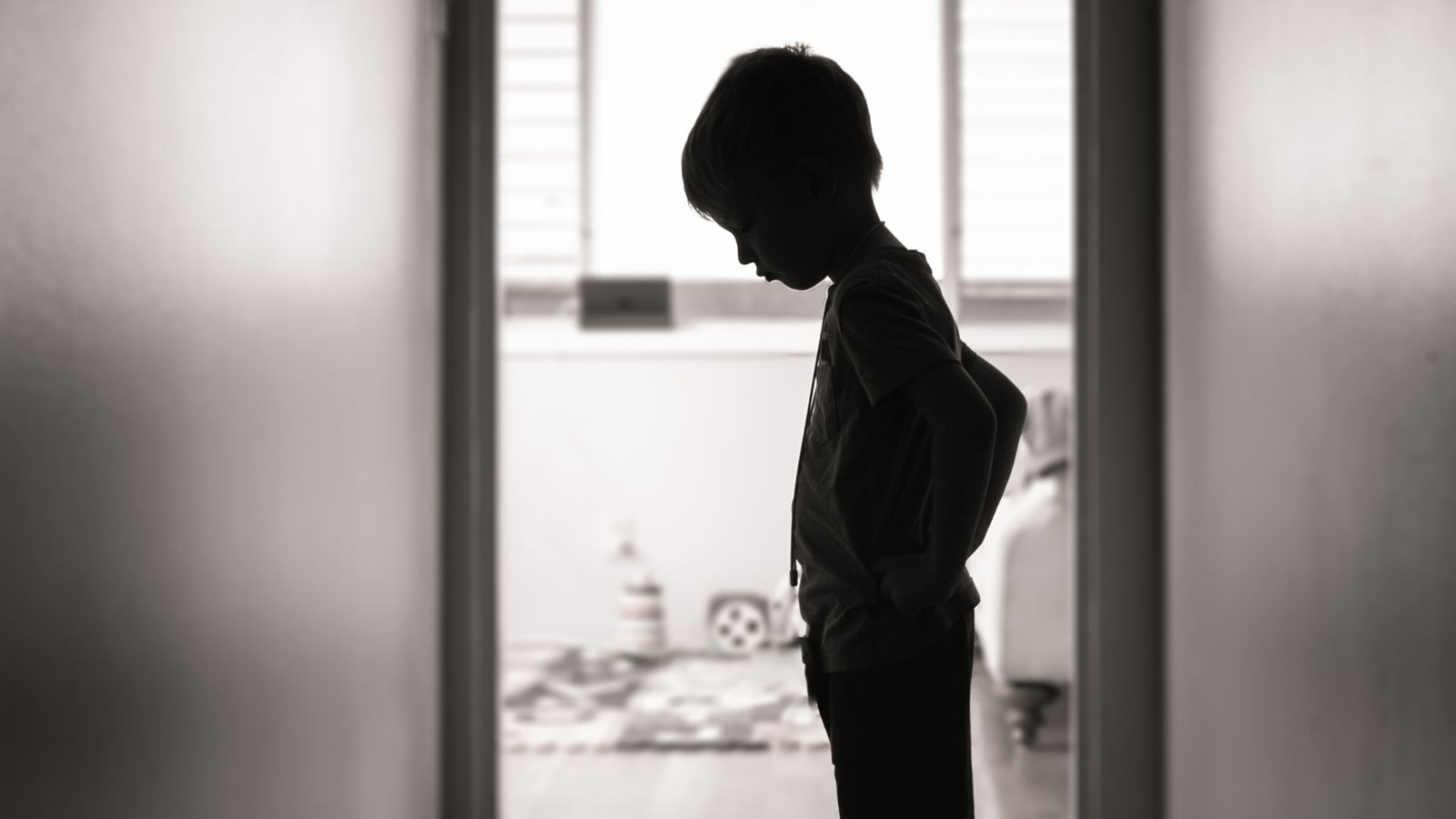More than one in three children aged between nine and 13 worry at least once a week, a survey has revealed.
The poll, commissioned by children’s health website Nemours KidsHealth, looked at the responses of 504 children in the US to better understand their worries and how to provide support during their pre-teen years.
The organisation’s president and chief executive Dr Lawrence Moss says the findings will allow parents and caregivers a chance to help children develop coping skills to grow into “healthy adults”.
What were some of the sources of worry?
• Around 64% of children were primarily worrying about school
• Some 41% were also worried about their friendships – this increased with age. However, girls were more likely to worry about friendships than boys, with the figures at 50% and 30% respectively
• More than one in three children – 35% – said they worry about their loved ones and their health
• 65% of children worry about their looks
• The survey also found 55% of children worried about being bullied
Children also worried about the world around them – issues included:
• Concerns about money from 21% of children
• 20% of children were worried about violence in the world
• Some 19% of children were worried about the environment
It was revealed that children would worry about these topics at least once a week.
Be the first to get Breaking News
Install the Sky News app for free
How to support a child that is worrying
The NHS says if a child is suffering from anxiety or worries, parents and guardians should speak to their child to make sure they feel supported and reassure them – communication is key.
It says caregivers can explain what anxiety is and the physical effects it can have – as well as understanding what their anxieties are to help them find solutions.
Parents are asked not to become overprotective or anxious themselves and to practise simple relaxation techniques with children, like taking deep breaths.
The NHS says parents should seek professional help, starting with a GP, if a child’s anxiety persists and interferes with their everyday life.
A ‘youth mental health crisis’
The poll found more than 75% of children between the ages of nine to eleven said they turn to their parents first for information or advice, but figures began to decrease to only 51% for children aged 12 to 13.
“Our growing nationwide youth mental health crisis requires parents, caregivers, teachers, and healthcare professionals to work together to ensure our youth have the support and resources they trust,” Mr Moss said.
He added: “Caring for children’s mental health is equally as important as caring for their physical health, and a prerequisite for changing children’s health for good.”
Read more on Sky News:
TikTok fined £12.7m for misusing children’s data
Parents and children who have lost relatives to get £100,000 compensation
What do children do to cope with worry?
The effects of worry can make children feel isolated and cause issues with their concentration at school and at home.
When in a state of worry, the survey found that nearly all children – 97% – said they take action themselves to feel better or to help them stop worrying.
Almost half of the children – 49% – said they talk to someone, while 49% choose to watch television and 48% prefer to dive into the world of video games.
To ease their worries, 93% found that doing something creative also made them feel better.
‘Children have the capacity to be resilient’
Meghan Walls, pediatric psychologist at Nemours Children’s Health and Nemours KidsHealth medical reviewer, said the survey results showed “children have the capacity to be resilient – they recognise when they are worried and are usually willing to do something about it”.
She said understanding why youngsters worry can help adults provide children with appropriate resources to help them deal with it.
“Laying this groundwork when children are young is especially important, so they build the tools to cope with the emotions and turmoil throughout childhood and adolescence, leading to improved mental health as adults,” Ms Walls added.







